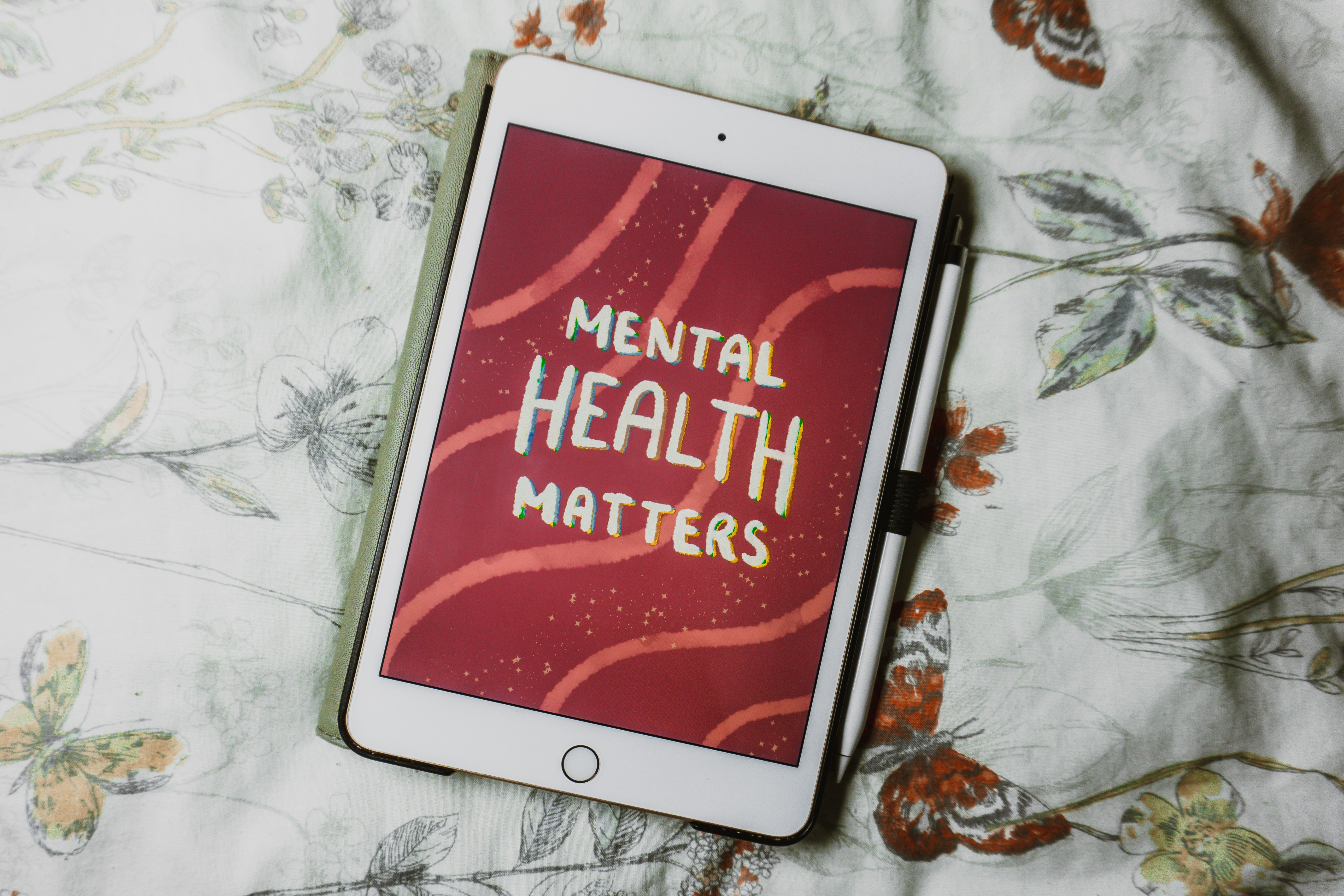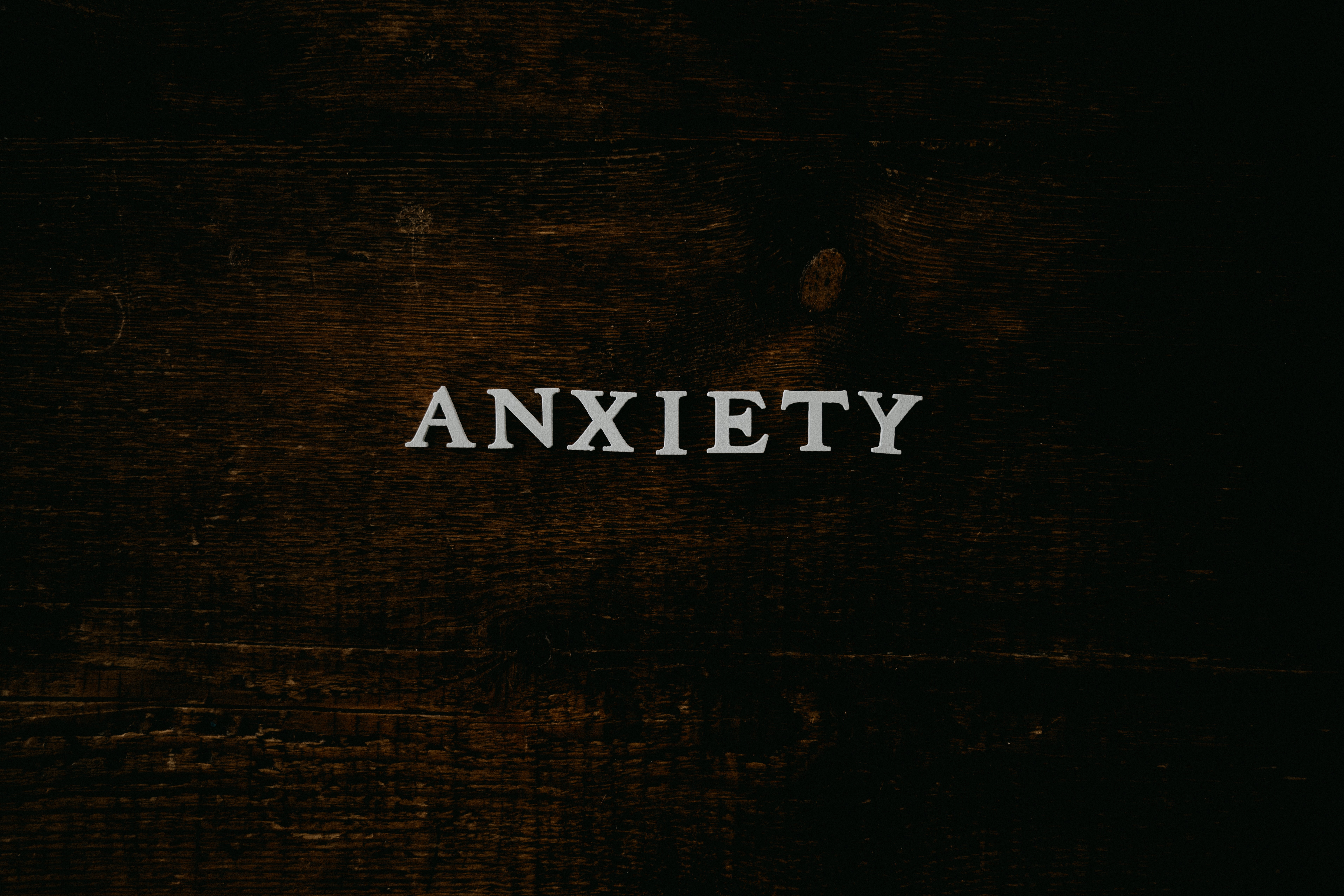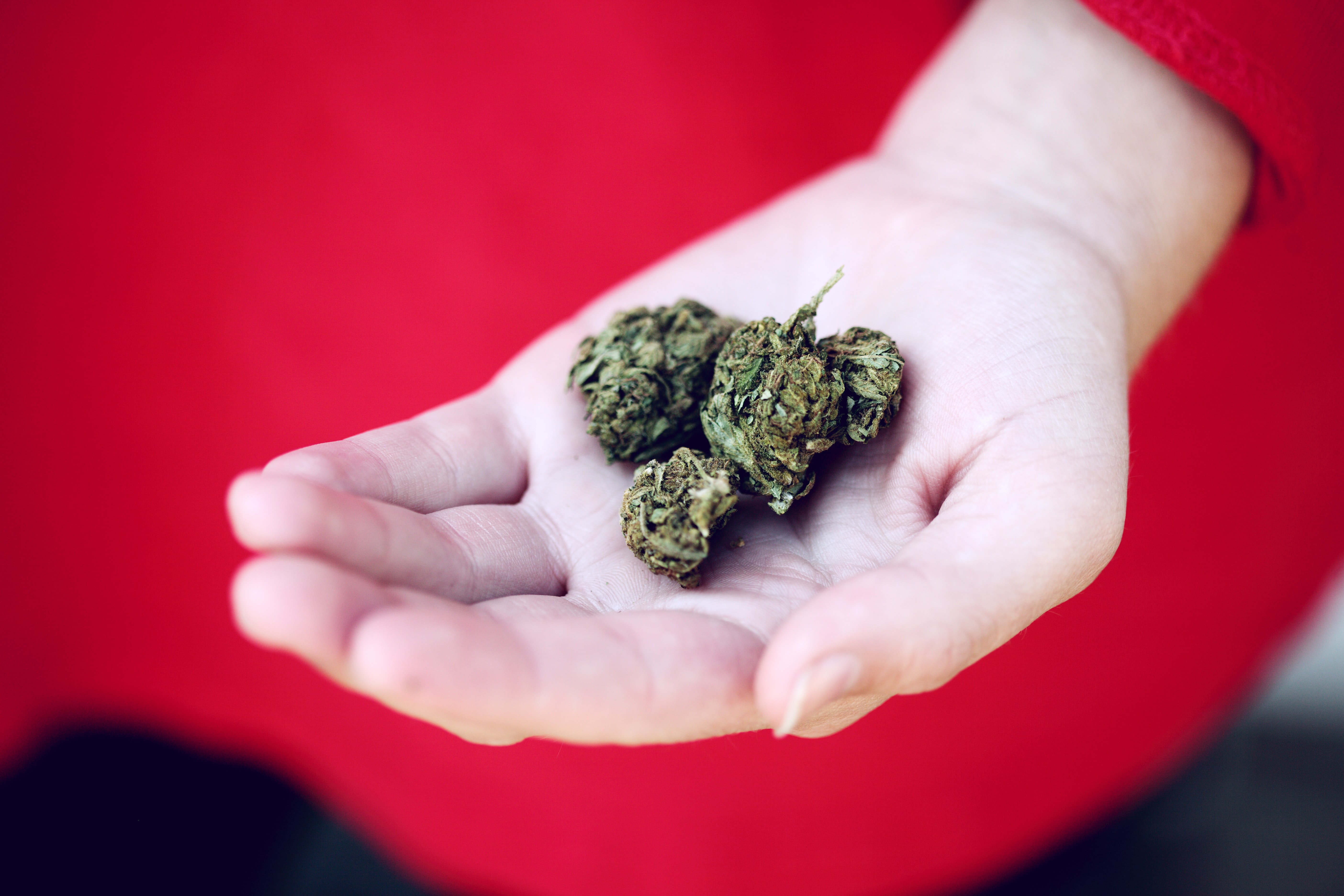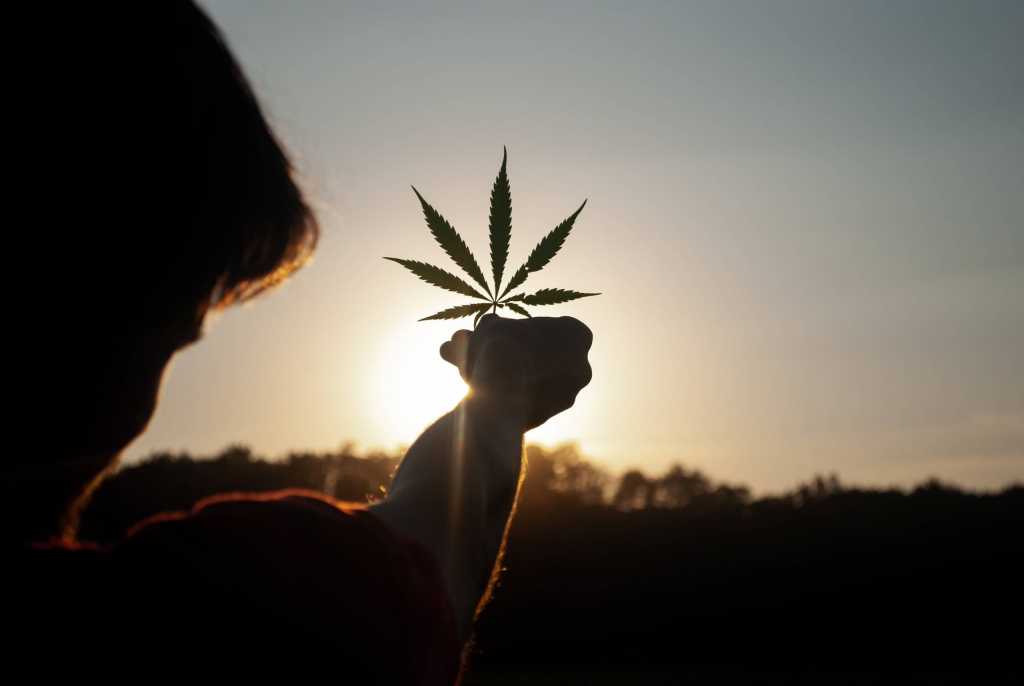Cannabis candy edibles is listed as a Schedule I substance, which is a drug not approved for medical use. This class has restricted medical cannabis research for many years. The social acceptance of the plant has changed, however. Our knowledge about the effects of it is expanding as we become more familiar with its synergies with the central nervous system.
Cannabis On Stress Management
Studies have known a link between the ECS and how memories of pain are processed. The connection between stress disorder and cannabis treatment is obvious.
As a classic depiction of PTSD, war-ravaged veterans suffer from painful memories of combat. s
PTSD
PTSD researchers at the US Department of Veterans Affairs even discussed how many veterans seek relief from their symptoms with cannabis. Several states approved that treatment. Furthermore, they argued that no studies assessed the safety and efficacy of medical cannabis.
The medical society cited evidence for cannabis use for treating PTSD symptoms like insomnia, stress, flashbacks, and anxiety in medical reviews as recently as 2017. Using the compounds close enough to the traumatic incident may even prevent the growth of stress, depending on the dosage.

Research Into Cannabis’ Effects On Psychosis
Psychotic disorders are severe mental illnesses. It is common for cognitive behavior and emotional problems to occur due to the patient’s unusual version of reality.
There is no exact cause for this disorder, as genetics, the conditions, and altered brain chemicals may play a role. The link between cannabis use and psychosis has long been studied and claimed. Researchers have now shown that daily smoking with high THC levels can increase your risk of acquiring a mental illness. All this evidence does not apply to high CBD, however.
The CBD Effects
CBD proves effective at reducing the adverse effects of THC, according to a recent review. THC has many benefits besides preventing psychosis caused by the herb. A small-scale trial of CBD has shown that it can treat psychosis. Several studies have shown that CBD has an excellent antipsychotic effect.
It is rare for cannabis to cause psychosis unless the moods were already present. The benefits that it offers patients with social anxiety, ADHD, and PTSD outweigh the small risk of incurring psychosis from THC.
Benefits Of Cannabis For Autistic Children
As far as medical cannabis treating autism is concerned, there is little evidence to support its use. Since parents are using it to treat their autistic children, state laws have been tightened on children’s curative use. Researchers are now looking at the role of the
ECS in autism development, which will only encourage more research in the future.
Recent clinical studies suggest that cannabis can support hindered mental processes in patients with autism, despite the lack of formal trials.
Among adolescents with autism, this synthetic supplement is part of an open-ended study to treat self-harm behavior. There has been an ongoing discussion about how CBD may be useful in treating some symptoms of spectrum disorders as new knowledge comes to light.
Effects On ADHD
One of the most common mental disorders in children is ADHD. In contrast, cannabis has been debated for treating mental illness and autism. When used to combat learning problems, cannabis may seem counter productive due to perceived adverse effects on growing brains.
In small doses, cannabis is also shown to help treat certain symptoms. There is no shortage of personal accounts from people who have used cannabis to treat their ADHD. Moreover, CBD alleviates severe symptoms such as confusion and anger.
As A Result
Medical experts conclude, however, that despite cannabis’ success at treating the symptoms of ADHD, prescription medicines are more effective.
There can be no question about cannabis’ medical value at this point. Many states have recognized its medical treatments and legalized its use. Health benefits of this plant include treating chronic pain and glaucoma. These are the most common reasons for using medical cannabis. What are the reasons why there is still so little knowledge about cannabis as a potential treatment for mental illness?

Cannabis Effects On Anxiety And Depression
A common reason to use cannabis is anxiety. A general concern is extreme discomfort and anxiety. More often followed by physical symptoms such as sweating, rapid heartbeat, and breathing. Cannabis has been used to treat various anxiety disorders, including panic attacks, social anxiety, ACD, and more.
It is wise to exercise caution when treating these disorders with cannabis, even though it has been used for centuries to ease symptoms. THC – the active element in cannabis – appears to ease anxiety in smaller doses. Still, it seems to have the opposite effect when ingested in high amounts. To treat stress, knowing how it reduces or increases it is crucial. A variety of factors can influence the result when using THC.
There Are Different Types of Anxiety Disorder
It is common to experience the same symptoms. Anxiety disorders make it difficult for people suffering from anxiety to cope with natural and healthy instances of stress. They can be experienced even when no apparent stressors are present.
There are physical symptoms associated with anxiety disorders, as mentioned. Most commonly, panic attacks are referred to as panic attacks. Even when a sufferer is not active, their brains will trigger the release of copious numbers of speed and cortisol hormones.
They cause feelings of distress, raise heart rates, and cause muscle spasms in the area surrounding the heart. However, many waves of panic attack sufferers experience feelings of a heart attack when they occur. Anxiety manifests itself as a state of hyper-arousal.
How Does Anxiety Develop?
Recent studies show that anxiety disorders can be passed from one inherit to the next via genetic transmittal. Anxiety can also develop after a post-traumatic stress disorder. In addition, studies have shown some substances, such as cannabis, can trigger latent anxiety disorders.
Address Social Anxiety
Social anxiety disorder can also be relieved with low doses of CBD or THC, just as general anxiety can. With proper treatment, patients can engage with others and have social interplays without feeling anxious. People have been known to be unable to function in certain settings. This is when their fear and being aware of one’s own self are untreated.
CBD pre-treatment reduces anxiety and prevents these types of impairments, according to studies. Clearly, CBD has repressed the learned fear response and affected the processing of fraught memories.
A study on cannabis and depression
It is no surprise, then, that depression contributes to a large proportion of medical cannabis use globally. A third of patients surveyed reported using it because of depression, despite the lack of conclusive clinical studies supporting its use.
Cannabis improves mood and reduces anxiety, which may help relieve depression thanks to its effects. In addition to being antidepressants, cannabis factors also increase brain levels of dopamine. These compounds may prevent many aspects of depression. It is, however, advised to use it with caution.

The Use of Cannabis for Mental Health
For most people, taking a low dose of THC or an average CBD dose is the most effective way to relieve general anxiety symptoms. Even at high doses, CBD does not cause any adverse side effects, while higher THC levels can enhance psychomotor activity. Different approaches and treatments are used to treat other areas of anxiety disorder.
CBD, however, is usually effective in reducing any anxiety that may be connected with THC use, with or without THC. It is believed that THC and CBD act directly on the ECS to regulate stress. Anxiety is directly related to the two brain regions connected to ECS. Furthermore, cthe terpenes excite serotonin production and dopamine release in these brain areas, adding to its uplifting and calming effects.
Effects On Alzheimer’s Disease
The symptoms of dementia and memory loss associated with Alzheimer’s disease (AD) worsen over time as memory and thinking deteriorate. In addition to pain, anxiety, weight loss, and sleep problems, AD symptoms that can be treated with medical marijuana include loss of appetite, nausea, and vomiting. Cannabis may reduce the severity of dementia symptoms in some patients, but studies seem conflicted on whether it can affect signs and symptoms in others.
An open-label trial in the Journal of Alzheimer’s Disease followed ten subjects for four weeks to determine the effects of the herbs. Cannabis has been found to help with paranoia, agitation, irritability, lethargy, and sleep issues in their study. The result is a large market demand for medical marijuana autoflower seeds.
Final Thoughts
The effects of THC are biphasic, meaning that they relieve symptoms at lower doses and trigger symptoms at higher doses, as we discussed with other conditions. It does not cause depression, but some believe a connection between heavy users and more depression diagnoses. Interested in medical cannabis? Head over at Homegrown Cannabis Co. and grow your own at home.
Cannabis alone is not an effective treatment for depression, given the lack of research that supports it. When combining it with your treatment, you can use 2.5 to 5 mg of THC to help you feel better. CBD can also help relieve the anxiety caused by depression by consuming five to ten milligrams daily.

